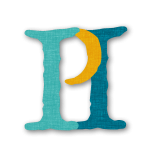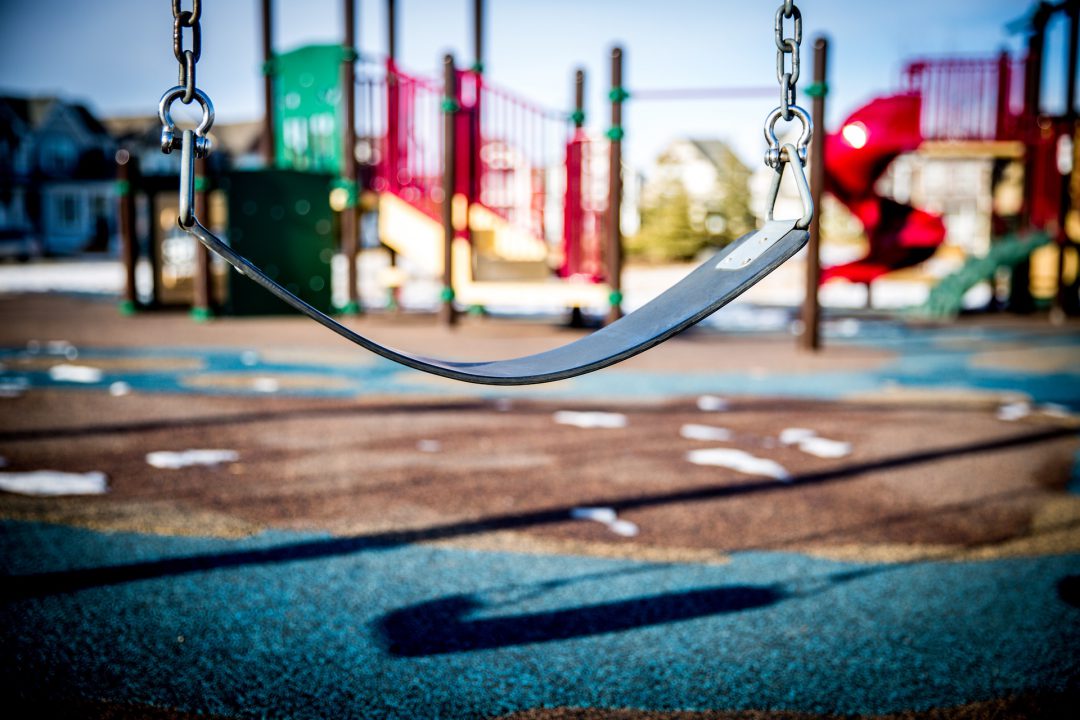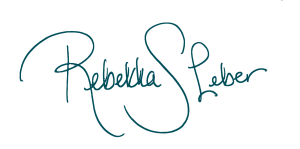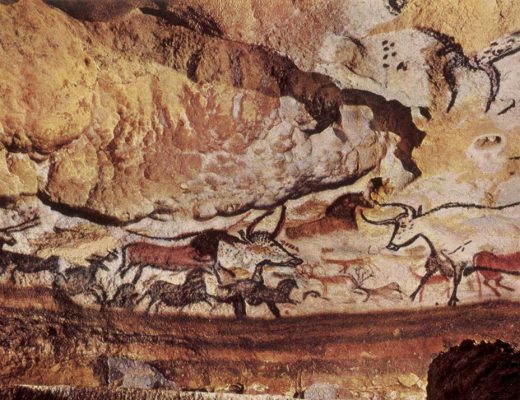An open letter from Sass:
There is a small assortment of books collecting dust on my bookshelf these days. These books were once some of my most coveted, habitually read, and referenced tomes. I carried them in my bag on trips and methodically marked and annotated passages. Interestingly though, these books are neither classic literature, nor contemporary favorites. In fact, they’re non-fiction. They are my craft books – the first books I began buying and devouring when I finally decided to take the terrifying leap from saying “I write” to “I am a writer.” The books that helped me learn the basics; that built the foundation of my writerly knowledge.
Now, nearly a decade later, as I plot story arcs, develop characters, and invent universes, they sit idle, neglected and forgotten. Why would I need to read these books now? I’m not a novice writer anymore – I get this shit. I’m done with theory. Onto the practicum! Yet, when I sat down to make notes over the tutorials and concepts I wanted to cover on IndiePen Ink, my head emptied as quickly as a broken vacuum seal clears out a cargo bay on an interstellar ship. I realized that I needed to go back to my source, to my humble beginnings, and work backwards, taking my acquired knowledge and using it to create a curriculum of what I would have liked to have learned early on as a writer.
The problem though is that the stuff I wanted -needed- to learn was not the basics. Now, granted, while they are the important foundation on which the skill of writing is built, understanding the elements of story makes you little more proficient than a high school freshman when it comes to writing… I know this because I teach high school English to freshmen. So, instead of reaching for the craft books on the basics, I reached for my intermediate books – the ones on style and expression – and, decided to take a look through two of my trustiest reference books: Better Than Great and The Elements of Expression, both by author, Arthur Plotnik.
And, lo… what I have forgotten/ignored/never learned/breezed past in haste to get to the “good stuff”…Did you know that there are twenty-five types of figurative language? Because I sure as hell didn’t! The weird part is I had it marked, as if I had either read it and forgotten, or never got back to it after thinking “Ooooh! This looks important!”.
This brought me to a realization – I had thought I had read these books, scoured these books for information; devoured them and digested their contents – but in truth, I had done no such thing. There was no doubt I had depended on these books and used them constantly, but for an intended purpose. A purpose from which I am eight years removed and hardly remember, but at the time they gave me information I craved. I read it, absorbed it, and it became habit. Then, I threw it on the shelf and walked away more confident in my ability than before, and thus satisfied I had taken everything I could from that text.
“I wanted a resource – the ultimate resource that could be the place where I could go to get help, specific to my needs as a writer at that time.”
It’s this realization that leads me to believe this is the reason I roped my friends into creating IndiePen Ink. I wanted a resource – the ultimate resource that could be the place where I could go to get help, specific to my needs as a writer at that time. Those needs change over time, and new resources have to be sought.
Middle of the road writers, like myself, have fallen into a chasm of sorts. We still need help while writing, but it doesn’t come from our foundational limitations, it comes from isolation. Writing in a vacuum is horrible. It’s inside the black hole where all your incredible, original ideas stagnate, your characters go flat, and your dialogue becomes trite and stifled. This happens not because you don’t have talent, but because you have no place to keep skills sharp or be held accountable.
In essence, you need a proving ground. A playground, if you will, to mix and mingle, to refuel and get hurt when you slip off the fictional monkey bars. This place needs to be flexible, inviting, tolerant, and empathetic to the needs and diversity of writers, and those writer’s stories. But, the playground also needs an assortment of equipment, and not just one of those plastic jumbo monstrosities with seven slides and towers and glider handle thingy… what hell do they call that thing? It needs separate play areas where we can go and play and learn, and when we conquer that area, we can move to another; make new friends; fall off new toys and get back up again.
Consider IndiePen your playground. Make friends. Try new stuff. Revisit and take comfort in old stuff. Share. Write. Fuck up. Try again. We, as the creators of IndiePen Ink, want you to help us make this playground the first place, and only place, you go when you fall down the writing well and can’t crawl out again. We’ll throw you a rope, and pull you back up to the playground.
“Make friends. Try new stuff. Revisit and take comfort in old stuff. Share. Write. Fuck up. Try again.”
The playground is small right now, but it won’t always be. This isn’t going to be just some corner park they used to fill space in a subdivision. We’ve got big plans for this playground (think Leslie Knope plans). So, come to our playground. Tell us about yourself, your needs, and what toys you want to play on. Tell all your friends to meet you at the sweet, new playground. Until then, we’ll be here waiting. You’ll know us – we’re the cool kids hanging out on top of the monkey bars.
…and I’m the kid writhing on the ground after shouting the famous words, “Hey guys! Watch this!”.
Write on, young savior,







No Comments